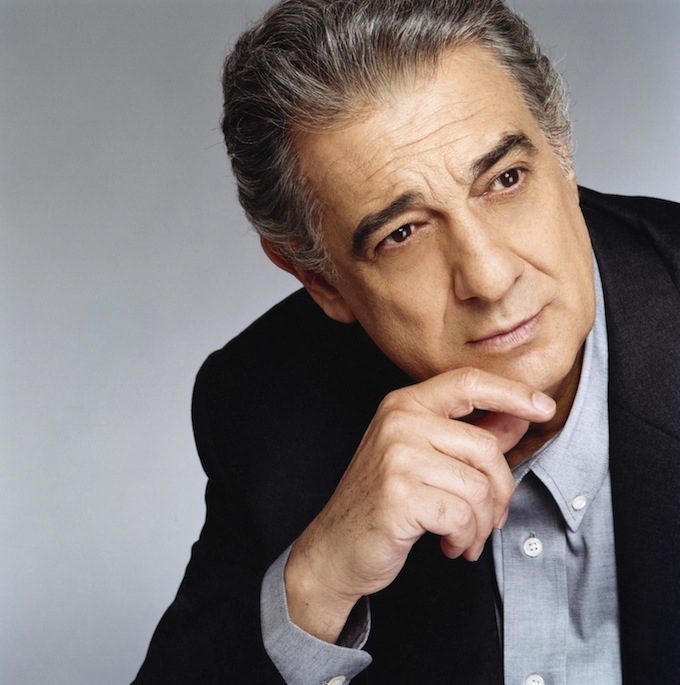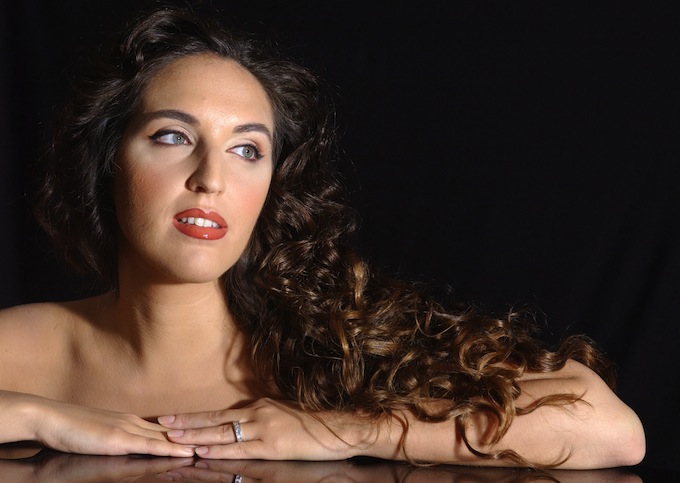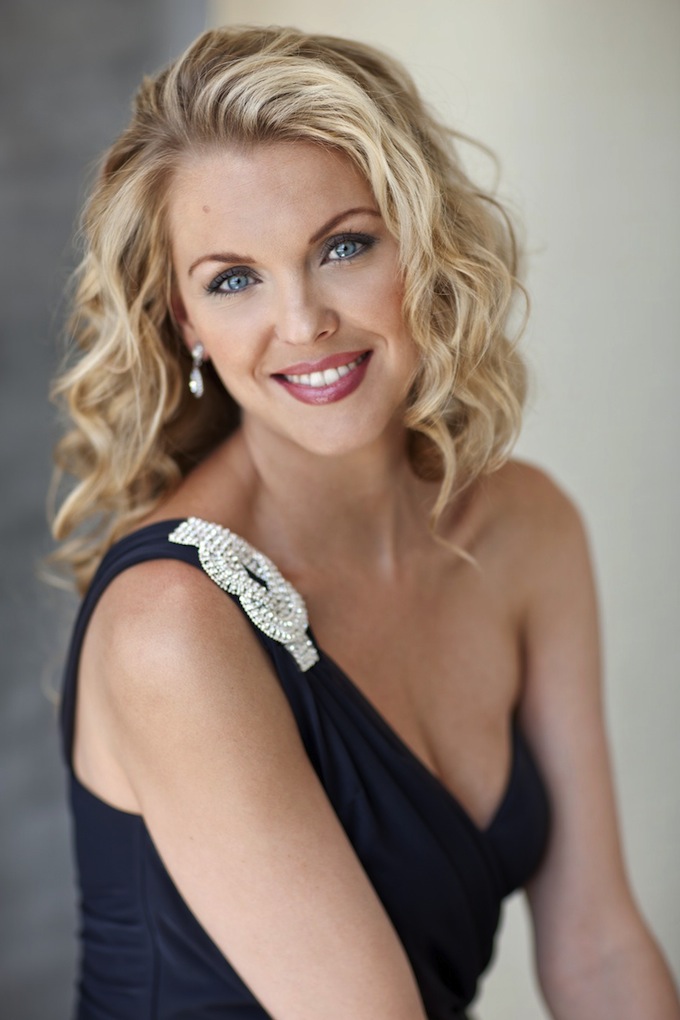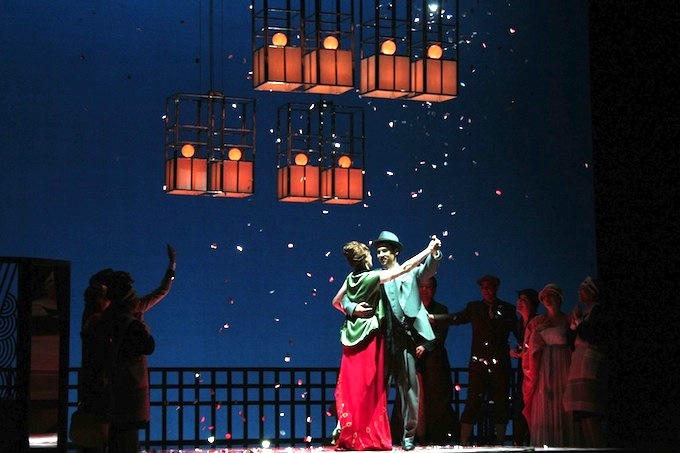Opéra de Monte-Carlo opens its new season in a light-hearted mood with two comic operas by composer and librettist, Gian Carlo Menotti.
Leading the Opéra and the Orchestre Philharmonique de Monte-Carlo for the first time is multi-talented artist Plácido Domingo, regarded as one of the finest and most influential performers in the history of opera, and also highly respected as a conductor.
In 1993, Plácido Domingo founded Operalia, an annual singing competition which has helped to launch the careers of some of the world’s best-known operatic stars, and he was also the major force behind the establishment of Washington National Opera’s Domingo-Cafritz Young Artist Programme, and Los Angeles Opera’s Domingo-Thornton Young Artist Programme, both designed to nurture and support the careers of talented opera students.
Plácido Domingo is General Director of Los Angeles Opera, and also Artistic Advisor for the Youth Orchestra of the Americas.

Gian Carlo Menotti (1911-2007), having initially attended the Milan Conservatory, continued his studies at the Curtis Institute of Music in Philadelphia, where fellow students included Leonard Bernstein and Samuel Barber. Menotti later taught at Curtis, and it was there that Amelio al Ballo was written.
In 1958 he founded the Festival dei Due Mondi in Spoleto, and in 1977 its American counterpart, Spoleto Festival USA in Charleston, South Carolina.
Composed in 1936, Amelia al Ballo reflects the feel-good period in American history, during the era of the New Deal and also the Golden Age of Hollywood.
{youtube}3eamPOtlnkU?rel=0{/youtube}
Menotti’s first mature opera, it was also his first critical success, and premiered on April 1st, 1937, at the Philadelphia Academy of Music under the direction of Austrian composer, librettist, and stage director, Ernst Lert.
The action of the opera takes place in the apartment of wealthy young socialite, Amelia, as she prepares for the first ball of the season. The discovery by her husband that she has a lover (who turns out to be the neighbour upstairs) sets in train a sequence of farcical events which involve Amelia breaking a vase over her husband’s head, blaming this attack on a burglar, the husband being taken to hospital, the lover being arrested on suspicion of burglary – and Amelia going to the ball escorted by the Chief of Police, who had arrived to investigate the incident.

The title role will be shared by sopranos Norah Amsellem (pictured above) and Micaëla Oeste – in her Monte-Carlo debut – and that of Amelia’s husband by baritones Javier Arrey and Aldo Heo.
The Telephone was written for a production by the Ballet Society (the Artistic Director of which was George Balanchine, with Lincoln Kirstein as secretary), and was premiered as part of a double bill with Menotti’s The Medium at the Heckscher Theater, in New York City, on February 18th, 1947. It moved to the Ethel Barrymore Theatre on Broadway, on May 1st that year.
{youtube}kDq1953_qB4?rel=0{/youtube}
Sung in English, The Telephone deals with the effect on romance and relationships of what were then new technologies. Ben arrives at Lucy’s apartment with the intention of proposing to her. Lucy is involved in an ongoing series of conversations on the telephone, denying Ben the opportunity of posing the all-important question. He even tries – unsuccessfully – to cut the cord when she leaves the room, but eventually he has to leave, in order to catch his train. He makes one last attempt at proposing to Lucy from a callbox in the street, and she – realising that she has probably missed something really important – takes the call, and accepts his proposal.
In this production, the role of Lucy is sung by Micaëla Oeste (pictured below) and Ben by Aldo Heo.

Amelia al Ballo and The Telephone – a co-production with the Palau de les Arts Reina Sofia de Valence – run at the Opéra de Monte-Carlo, Place du Casino, from Thursday October 24th to Sunday October 27th.
For further information and tickets, visit the Opéra de Monte-Carlo website or contact the box office on +377 98 06 28 28 between 10.00 am and 5.30 pm Monday to Saturday.
CONTACT DETAILS
Opéra de Monte-Carlo
Place du Casino
MC 98000 Monaco
Tel: +377 98 06 28 28
Gilly Lloyd is a journalist, copy and creative writer, and editor of Preview, as well as a regular contributor to the Arts section of Examiner.com
All photographs courtesy Opéra de Monte-Carlo / © DR



Leave a Reply